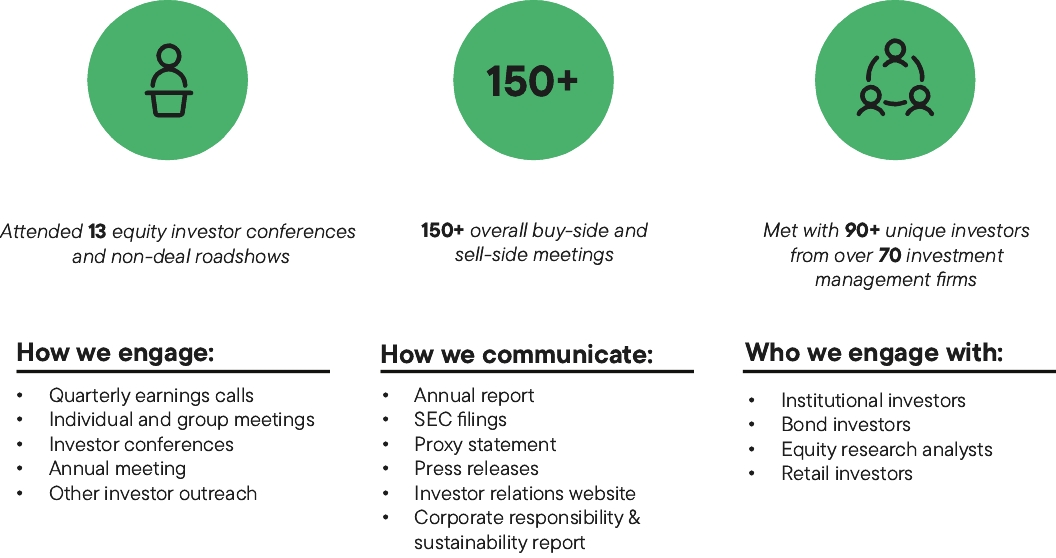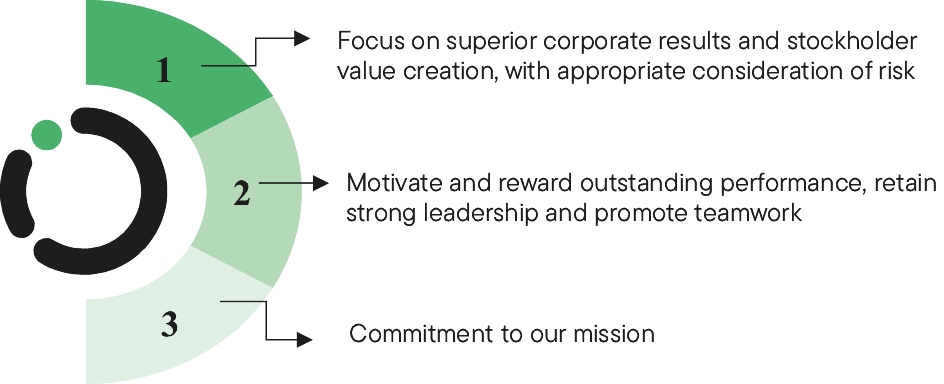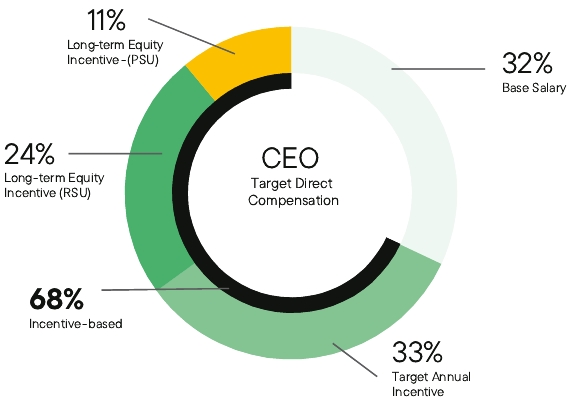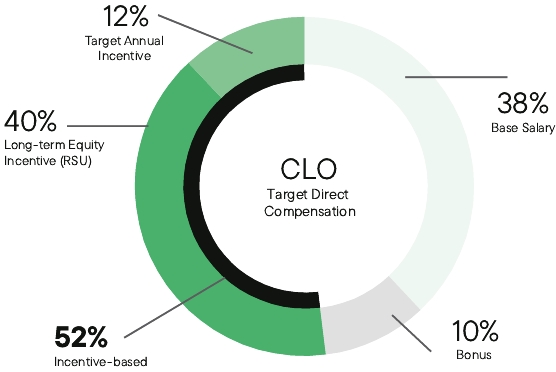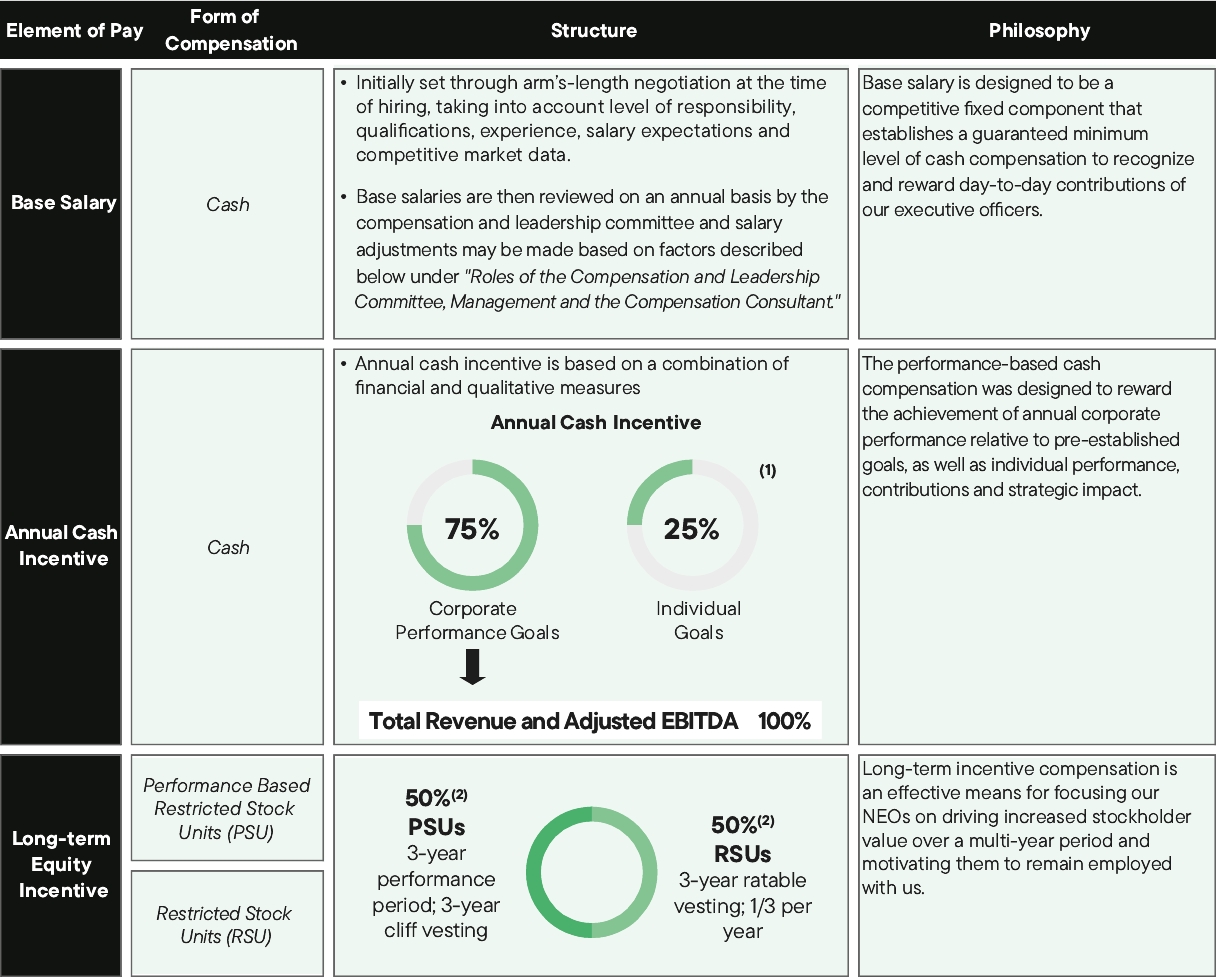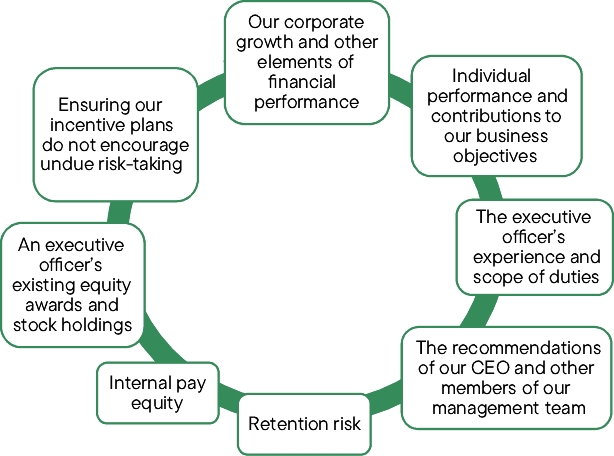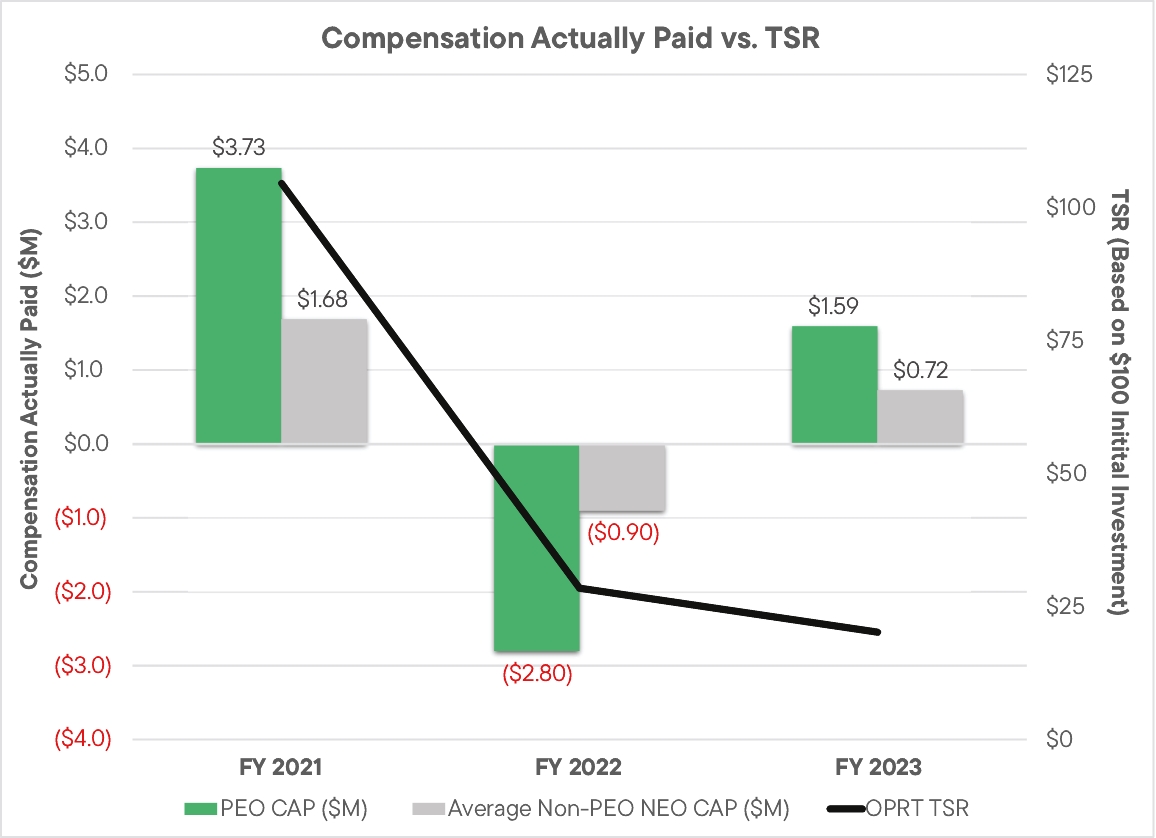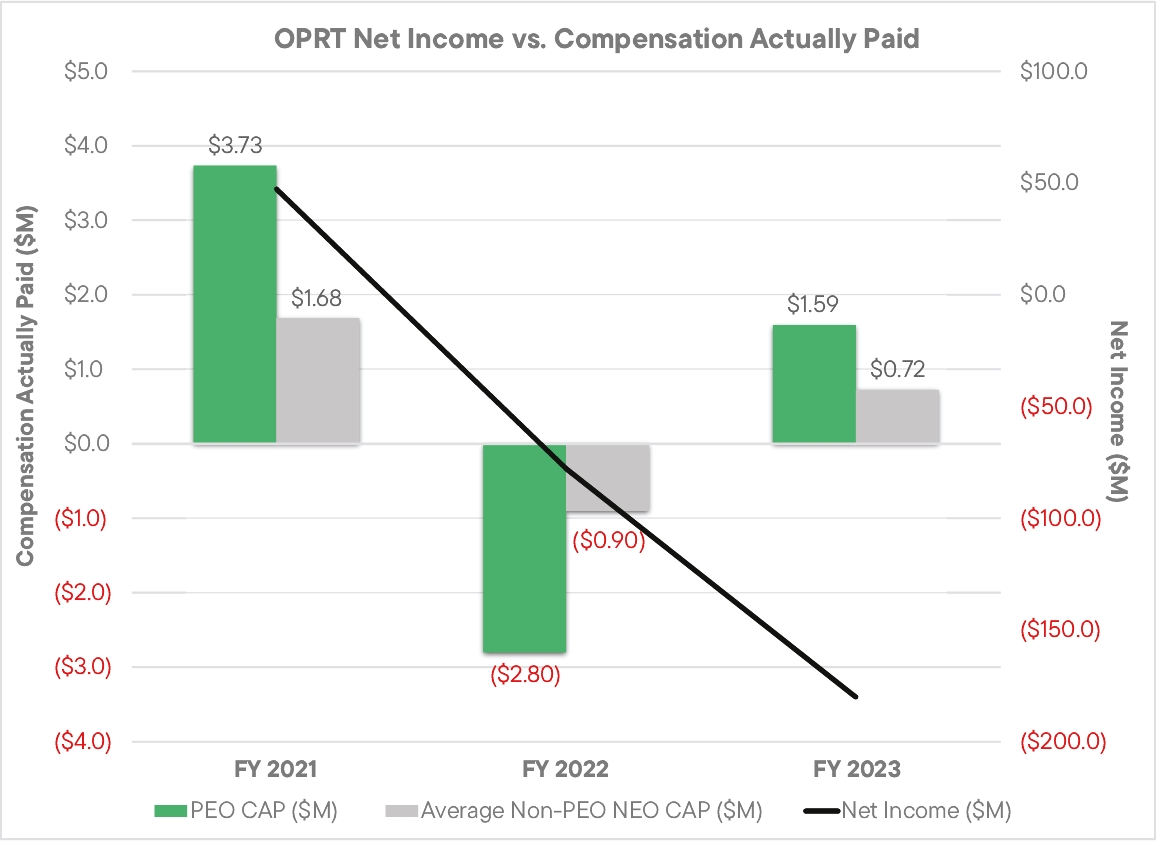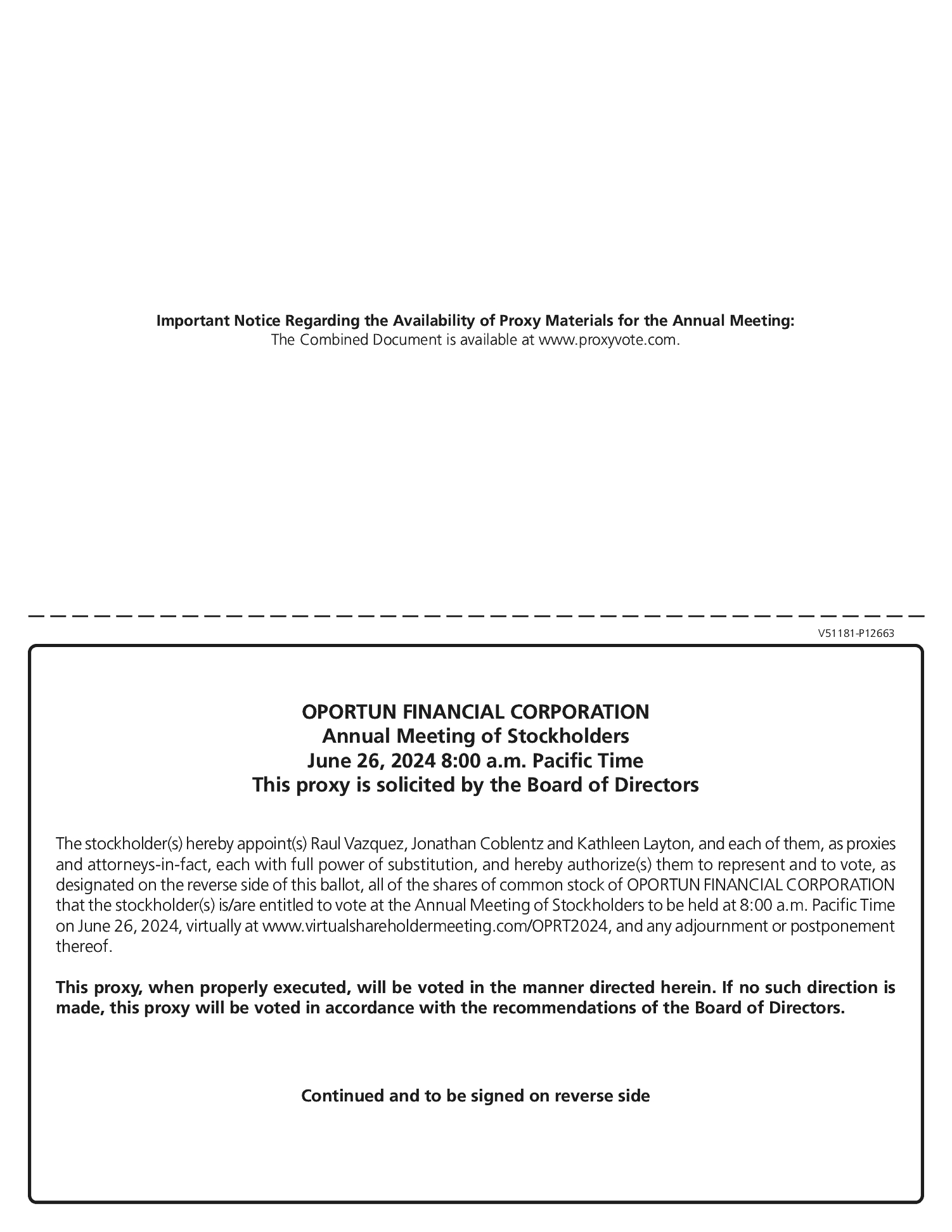Transactions with Neuberger Berman
On September 14, 2022, we entered into an agreement to borrow $150.0 million of senior secured term loans from certain funds affiliated with Neuberger Berman Specialty Finance, beneficial owner of greater than five percent of our outstanding common stock (the “Corporate Facility”). On March 10, 2023, we upsized and amended the Corporate Facility (the “Amended Credit Agreement”) to be able to borrow up to an additional $75.0 million. We borrowed $20.8 million of term loans under the Amended Corporate Facility on March 10, 2023 (the “Incremental Tranche A-1 Loans”) and borrowed an additional $4.2 million of term loans under the Amended Corporate Facility on March 27, 2023 (the “Incremental Tranche A-2 Loans”). The term loans bear interest at an amount equal to (a) 1-month term SOFR plus 9.00%, payable in cash, plus (b) 3.00%, payable in cash or in kind at our option. The term loans are scheduled to mature on September 14, 2026, and are not subject to amortization. Certain prepayments of the term loans are subject to a prepayment premium. The obligations under the Amended Corporate Facility are secured by our assets and assets of certain of our subsidiaries guaranteeing the Amended Corporate Facility, including pledges of the equity interests of certain subsidiaries that are directly or indirectly owned by us, subject to customary exceptions.
We borrowed an aggregate additional amount of $50.0 million of term loans under the Amended Corporate Facility in two additional $25.0 million tranches on May 5, 2023 and June 30, 2023 (the “Incremental Tranche B Loans” and “Incremental Tranche C Loans,”), respectively.
In connection with the Amended Corporate Facility, we issued warrants to the lenders providing the Incremental Tranche A-1 Loans to purchase 1,980,242 shares of our common stock at an exercise price of $0.01 per share. In addition, (a) on March 27, 2023, in connection with the funding of the Incremental Tranche A-2 Loans, we issued warrants to the lenders providing the Incremental Tranche A-2 Loans to purchase 116,485 shares of our common stock, (b) on May 5, 2023, in connection with the funding of the Incremental Tranche B Loans, we issued warrants to the lenders providing the Incremental Tranche B Loans to purchase 1,048,363 shares of our common stock, and (c) on June 30, 2023, in connection with the funding of the Incremental Tranche C Loans, we issued warrants to the lenders providing the Incremental Tranche C Loans to purchase 1,048,363 shares of our common stock, in each case, at an exercise price of $0.01 per share. We also entered into a registration rights agreement with the applicable lenders, which stipulates that we file a registration statement with respect to the shares underlying the warrants.
On June 16, 2023, we entered into a forward flow whole loan sale agreement with certain funds affiliated with Neuberger Berman. Pursuant to this agreement, we have a commitment to sell up to $300.0 million of our personal loan originations over twelve months. We will continue to service these loans upon transfer of the receivables. As part of this agreement, during the twelve months ended December 31, 2023, we transferred loans receivable totaling $220.5 million.
On March 12, 2024, the Company entered into an additional amendment to the Amended Corporate Facility, which among other modifications, required certain principal payments in amounts equal to $5.7 million per month to be made by the Company on the last business day of each of March, April and May 2024.
Policies and Procedures for Related Party Transactions
We have adopted a policy that all transactions, arrangements, or relationships in which the amounts exceed $120,000 or one percent of the average Company’s total assets at year-end for the last two completed fiscal years between us and our directors, executive officers, holders of more than 5% of our capital stock, any member of the immediate family of the foregoing persons, or their affiliates are approved by the audit and risk committee, or a similar committee consisting of entirely independent directors, according to the terms of our Code of Business Conduct. In approving or rejecting any such related party proposal, the audit and risk committee will consider the relevant facts and circumstances available and deemed to be relevant to the matter, including, but not limited to, risks, costs, impact on independence, availability of alternatives, and transaction terms that could have been obtained from unaffiliated third parties.











